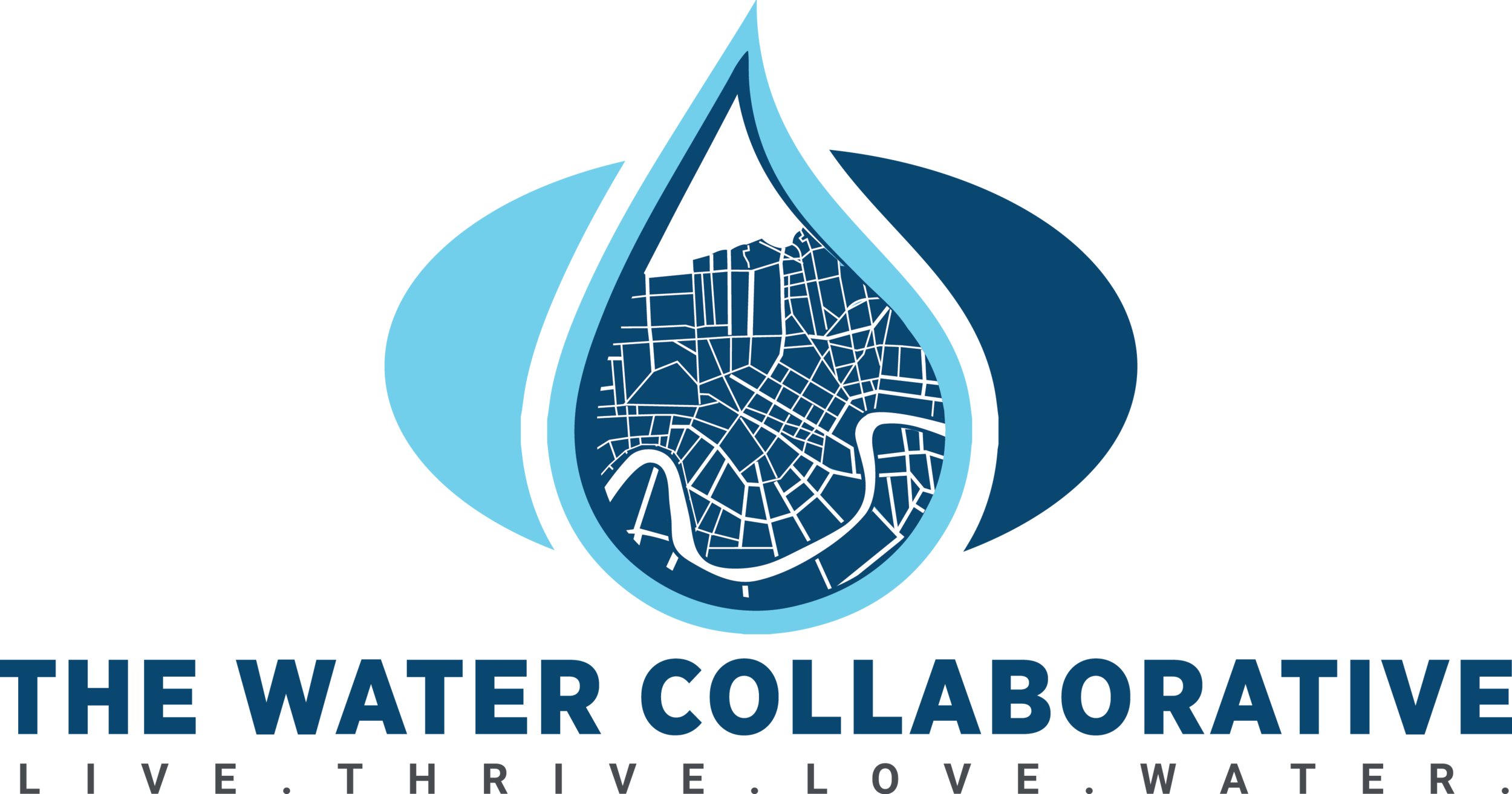Examining House Bills Impacting Clean Water Standards
By: Taya Fontenette, Policy and Research Coordinator
There are currently several concerning water bills that are being introduced in the House of Representatives and will be going before the Transportation and Infrastructure Committee. These bills propose relaxed protections for the Clean Water Act, a move that could endanger the health of the nation's waters and ecosystems. This legislative trend reflects a broader weakening of the Clean Water Act, particularly highlighted by the recent Supreme Court ruling in Sackett v. Environmental Protection Agency. The case centered on the interpretation of the Clean Water Act regarding wetlands, sparked by the dispute between homeowners and the EPA over the classification of wetlands on their property as "navigable waters." The Supreme Court's decision, reached on May 25, 2023, ruled in favor of the Sacketts, asserting that the Clean Water Act applies exclusively to wetlands with a continuous surface connection to "waters" in the United States. This ruling represents a significant shift in regulatory enforcement and has significant implications for the protection of wetlands and water quality nationwide.
The Bills
H.R. 7023 Nationwide Permitting Improvement Act
Introduced Jan 17, 2024
Sponsored by Rep. David Rouzer (R-NC-7)
Aims to amend section 404 of the Clean Water Act to update certain rules related to permits for dredging or filling materials. Key points:
Delays updates to water quality criteria by adding more administrative steps and allowing industry lawsuits.
Makes it easier for industries to release harmful chemicals into water bodies without facing penalties.
Reduces EPA's power to halt large pollution projects, risking damage to fisheries and drinking water sources.
Requires fast-track permits for oil and gas pipelines, potentially harming the environment.
This legislation poses significant risks by potentially delaying updates to water quality criteria, allowing easier release of harmful chemicals into water bodies, limiting EPA oversight of pollution projects, and mandating fast-track permits for potentially damaging oil and gas pipelines, all of which endanger the quality of water sources.
H.R. 7008 Judicial Review Timeline Clarity Act
Introduced Jan 17, 2024
Sponsored by Rep. Eric Burlison (R-MO-7) + 1 cosponsor
The bill amends section 404 of the Clean Water Act, establishing a 60-day statute of limitations for judicial review of permits issued under this section. Additionally, it outlines procedures for remanding permit decisions if non-compliance is found, while setting a 180-day deadline for corrective actions.
This imposition of strict time limits may hinder the ability to effectively challenge permits and ensure they meet both legal and environmental standards.
H.R. 7021 Water Quality Criteria Development and Transparency Act
Introduced Jan 17, 2024
Sponsored by Rep. Clarence Owens (R-UT-4) + 1 cosponsor
The bill seeks to establish a clearer process for the EPA to develop water quality criteria, often used for National Pollutant Discharge Elimination System (NPDES) permits. This process allows for more public involvement and limited judicial review.
While aiming to increase transparency and public involvement, concerns exist about potential constraints on the EPA's ability to set robust standards and limit judicial review, which could jeopardize water quality protections.
H.R. 7013 Confidence in Clean Water Permits Act
Introduced Jan 17, 2024
Sponsored by Rep. John Duarte (R-CA-13) + 1 cosponsor
This bill seeks to modify the Clean Water Act to consider adherence to permit conditions as equivalent to compliance for discharges covered by the permit. This includes pollutants, irrespective of specific discharge restrictions.
This bill undermines the integrity of the Clean Water Act by equating adherence to permit conditions with overall compliance, potentially leading to unregulated pollution discharges that threaten water quality and ecosystems.
H.R. 7026 Reducing Permitting Uncertainty Act
Introduced Jan 17, 2024
Sponsored by Rep. Pete Stauber (R-MN-8) + 1 cosponsor
This bill proposes amendments to the Clean Water Act, aiming to clarify the circumstances under which the EPA Administrator can prohibit or restrict disposal site specification under section 404. The amendments establish a defined prohibition period starting from the completion of permit application processing by the Secretary to the issuance of the permit, with a minimum duration of 30 days for this period.
While this legislation may streamline the permitting process by providing clarity on EPA's authority regarding disposal site restrictions, it raises concerns about potentially sacrificing comprehensive environmental assessments and public input, which could result in permits that inadequately address environmental concerns.
HR 5089 Reducing Regulatory Burdens Act of 2023
Introduced July 28, 2023
Sponsored by Rep. David Rouzer (R-NC-7) + 2 cosponsors
This legislation aims to alter regulations concerning pesticide use near water bodies, eliminating the necessity for permits under specific conditions if the pesticides are registered, used as intended, and comply with label requirements.
By exempting pesticide discharges into navigable waters from permit requirements, this bill weakens regulatory oversight, potentially exacerbating pesticide pollution and posing risks to public health and aquatic ecosystems.
Conclusion
In conclusion, the proposed water bills in the House of Representatives represent a concerning departure from the longstanding commitment to safeguarding our nation's waters and ecosystems. If enacted, these measures could weaken crucial environmental protections, jeopardizing the health of our water resources and the communities that rely on them. This legislative shift could have particularly grave consequences for Louisiana and New Orleans, given the state's vulnerability to natural disasters and climate change, exacerbating existing environmental challenges and jeopardizing the well-being of communities reliant on clean water. It is important for policymakers to prioritize environmental stewardship and public health in crafting legislation, ensuring that our waterways remain protected.
Resources
Murky Waters: Navigating a Post-Sackett World – Lessons from the Committee on Transportation and Infrastructure Democratic Roundtable
CWA50 – The Clean Water Act Fact Sheet

